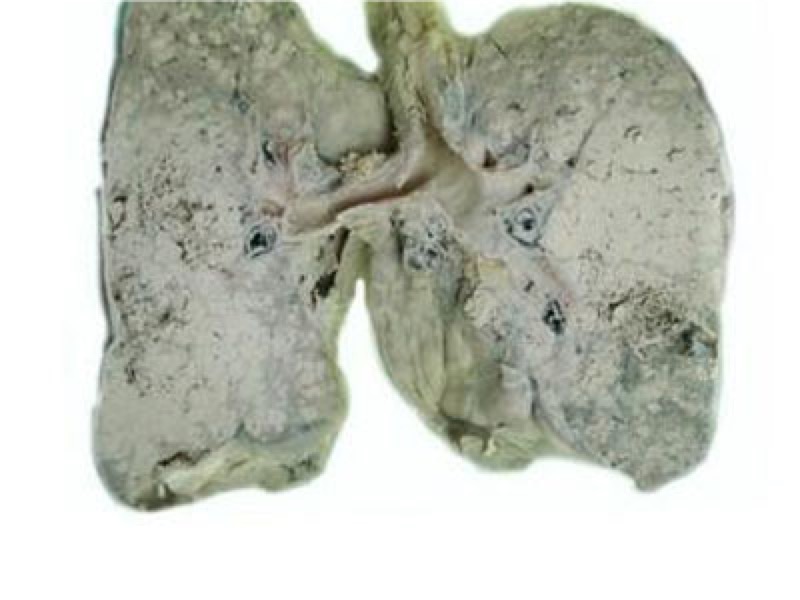Is the inflammatory constitution not cancerous?
Is the constitution of inflammation not cancer? There is no inevitable connection between inflammation and cancer. Many people''s understanding of cancer is caught in many misunderstandings. Inflammation is very common in our daily life, almost everyone I have had inflammation, but cancer is different. It is the division of cancer cells and the damage is extremely serious. So, shouldn''t the inflammatory constitution be cancer?

Inflammation is a common clinical pathological process that can occur in various tissues and organs. Infectious inflammation is predominant in daily life, it is the body''s defense response against the invasion of harmful bacteria outside. From a cold to atypical pneumonia, Ebola, etc., they are all inflammation in nature, but the severity varies greatly.
Some inflammations in life are not well controlled, and cancer can also occur. Chronic ulcerative colitis is closely related to colorectal cancer, especially the incidence of colorectal cancer in total colitis is several times higher than that of normal people. It often begins to become cancerous after 10 years of chronic ulcerative colitis. Undergoing colonoscopy can detect bowel cancer early.
It is reported that there are many patients with long-term intractable oral ulcers in the hospital. Ordinary sporadic oral ulcers will not become cancerous, but oral ulcers that last for a long time and recur in the same area may become cancerous. For example, if there is a sharp tooth tip in the oral cavity, if it is not handled in time, it will repeatedly stimulate the oral mucosa and may become cancerous after a long time.
The occurrence of cervical cancer is related to a specific virus—human papilloma virus (HPV) infection. Continued HPV infection causes changes in the cervical epithelium. It is medically known as precancerous lesions and is not treated. It is possible to develop cervical cancer, which takes an average of 8-10 years. Cervitis caused by non-HPV infections, such as chlamydia and gonococcal cervicitis, will not develop into cervical cancer.
If people with premature sexual life, multiple sexual partners, multiple abortions or childbirth history, sexually transmitted diseases, etc. are more likely to be infected with HPV virus, it is recommended to receive regular cervical cancer screening. The screening items include : TCT (liquid-based thin layer cell detection), high-risk human papilloma virus (HR-HPV-DNA) detection (referred to as HPV test), colposcopy test, etc.
Related Articles

- Early symptoms of lung cancer
- 2020-12-17

- Early Signs of Bladder Cancer
- What are the early symptoms of bladder cancer?
- 2020-12-17

- First-line chemotherapy for squamous cell carcinoma
- Squamous cell carcinoma is abbreviated as squamous cell carcinoma, also known as epidermal carcinoma. It is a malignant tumor that occurs in epidermal or accessory organ cells. Cancer cells
- 2020-08-02

- Is the second-grade clear kidney cancer living up to 5 years?
- Nuclear grading is an important prognostic factor for renal clear cell carcinoma and has been included in the WHO classification. Currently, a four-level grading system is generally used. T
- 2020-08-02

- Is metastatic carcinoma easy to metastasize
- Once the cancer has metastasized, it will be very difficult to cure, because many people have lost their lives because of the emergence of cancer, so most people think that cancer is an un
- 2020-08-02

- What does microinfiltrating adenocarcinoma mean?
- Microinfiltrating adenocarcinoma is a type of lung cancer. The reason why it is called microinfiltration means that there is less infiltration around it, which means that it is in the early
- 2020-08-01
